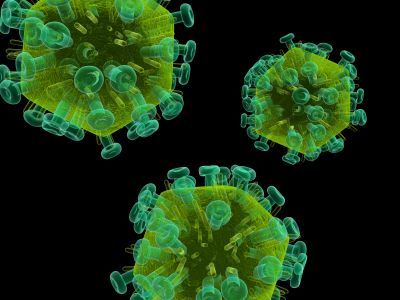Herpes drug fails to cut HIV risk: study

A widely used treatment for the herpes virus does not reduce the risk of transmission of HIV-AIDS, according to a medical study published Wednesday after a five-year trial.
The study showed that people who had both HIV and the virus responsible for the most common form of herpes, HSV-2, did not cut the chance of passing it on by taking twice-daily doses of acyclovir.
The research published in the New England Journal of Medicine online looked at more than 3,400 African couples - one of each who had HIV and one of whom did not.
There were 41 infections amongst those who took acyclovir and 43 amongst those given a placebo, which was not a significant difference, the study said.
Five earlier studies had demonstrated it was possible to reduce HIV levels in the blood and genital tract through treatment for the herpes virus, but did not show if this translated into a reduction in HIV transmission, it said.
Up to 90 percent of people with HIV also have an HSV-2 infection, but most people who are infected with the herpes virus are unaware because symptoms can be mild or absent, the study said.
Several studies showed that frequent herpes recurrences increase the amount of HIV in the blood and genital tract, said the study led by the University of Washington in Seattle and funded by the Bill and Melinda Gates Foundation.
The herpes virus also attracts immune cells called CD4 T-cells to the genital region, which HIV uses to establish or pass infection, said the study.
js/dk/ag
Join our commenting forum
Join thought-provoking conversations, follow other Independent readers and see their replies
Comments